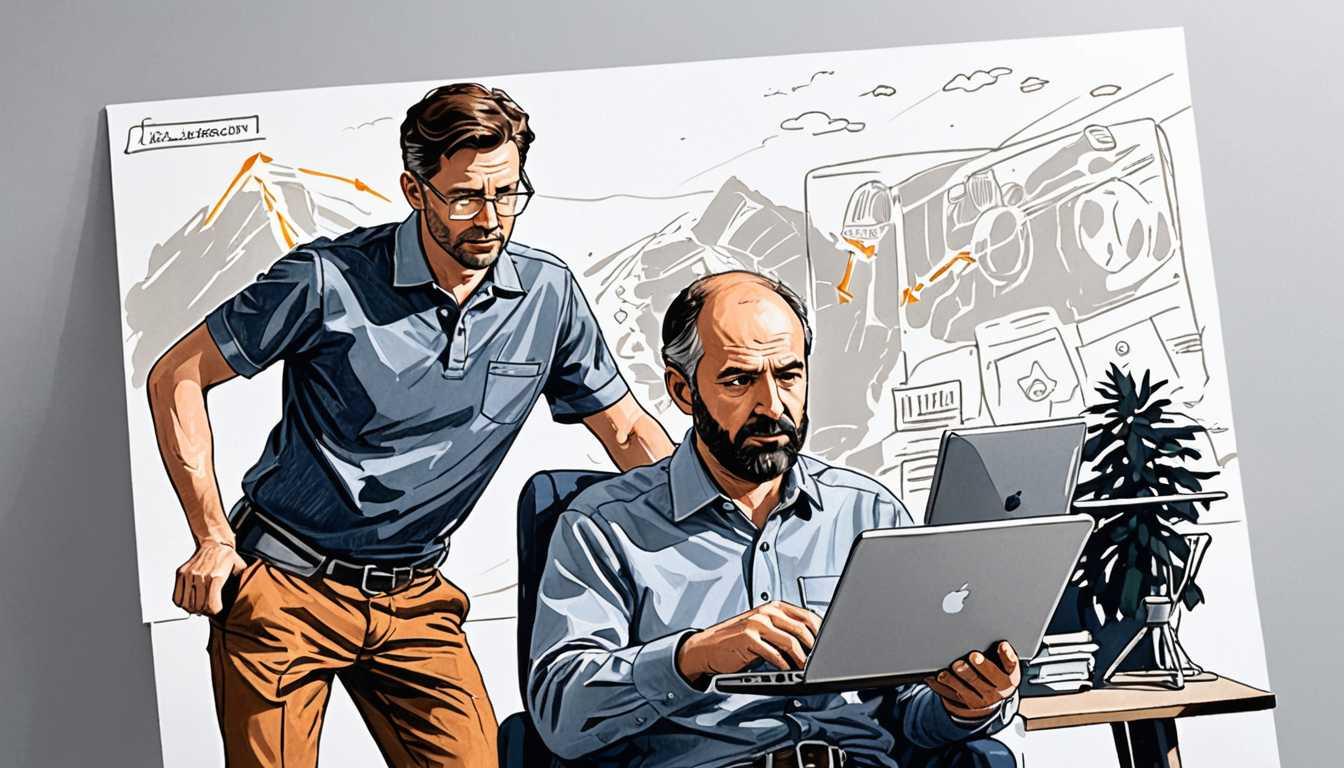Tariffs: Political Win, Economic Loss
March 2024
Harvard University
Introduction
Dive into the intriguing world of tariffs with this Harvard University piece! It's a tale of Trump's tariff tactics that aimed to win political favor but ended up not doing the U.S. economy any favors, especially harming farmers in the Midwest and Deep South. Discover why boosting employment through tariffs on China was more of a political chess move than an economic win, and why, despite the lack of job creation, these policies still garnered support. It's economics with a twist, revealing the complex dance between politics and the global market.
READ FULL ARTICLEWhy It Matters
Discover how this topic shapes your world and future
Navigating the Trade Winds
When President Trump introduced new tariffs on Chinese imports, it was a move aimed at reducing the trade deficit, protecting U.S. intellectual property, and bringing back manufacturing jobs. However, the outcome was quite different. China retaliated with its own tariffs, significantly impacting U.S. farmers and failing to create the promised jobs. This scenario opens up a larger conversation about the complexities of global trade and its real-world impacts. For you, understanding these dynamics is crucial as it shapes the world economy, influencing everything from the price of the goods you enjoy to the job market you'll enter. It's a vivid example of how policy decisions can have wide-reaching effects, often different from their intended goals. Engaging with this topic can help you grasp the interconnectedness of global economies and the importance of thoughtful policy-making.
Speak like a Scholar
Tariffs
Taxes imposed by a government on imported goods. In this case, the U.S. placed tariffs on Chinese imports, and China retaliated with tariffs on U.S. goods.
Trade Deficit
Occurs when a country imports more goods and services than it exports. The U.S. has a trade deficit with China, meaning it buys more from China than it sells to China.
Intellectual Property
Creations of the mind, like inventions, literary works, and designs. Protecting intellectual property means ensuring that creators can profit from their creations without unauthorized use by others.
Retaliatory Tariffs
Taxes imposed by a country in response to similar taxes levied by another country. China's tariffs on U.S. goods were in retaliation for U.S. tariffs on Chinese imports.
Globalization
The process by which businesses or other organizations develop international influence or start operating on an international scale. It's a trend that has significant economic, cultural, and political implications.
Trade War
A situation where countries impose tariffs or other trade barriers on each other in an attempt to protect their own economies. The recent U.S.-China trade tensions are an example of a trade war.
Independent Research Ideas
Exploring the Impact of Tariffs on Global Supply Chains
Investigate how tariffs disrupt the flow of goods worldwide, affecting everything from production to delivery timelines.
The Role of Intellectual Property in International Trade
Delve into how intellectual property laws influence trade relations and economic growth, with a focus on U.S.-China dynamics.
Globalization and Its Discontents
Examine the arguments for and against globalization, considering its impact on job creation, wage levels, and economic inequality.
The Psychology of Trade Wars
Explore the psychological aspects behind trade wars, including how nationalism and economic anxiety contribute to public support for tariffs.
Agricultural Economics and Tariff Retaliation
Study the specific effects of retaliatory tariffs on the agricultural sector, focusing on how such policies can devastate local economies and farming communities.
Related Articles

AI-tocracy: Power, Control, and Innovation
July 2023
Massachusetts Institute of Technology (MIT)

Divided We Stand: Unraveling Zero-Sum Politics
March 2024
Harvard University

Winnebago's Remarkable Transformation
April 2023
Harvard University

Argentina's Dollarization Dilemma: Bold or Risky?
April 2024
London School of Economics (LSE)

Audits: Taxpayer's Goldmine Unveiled
July 2023
Harvard University